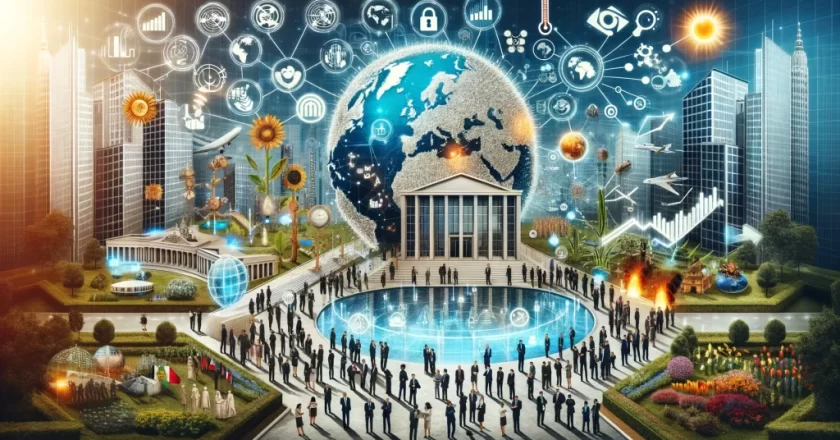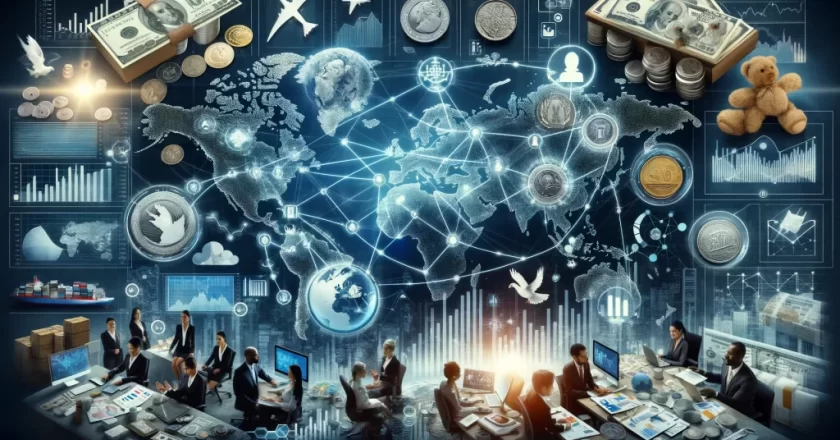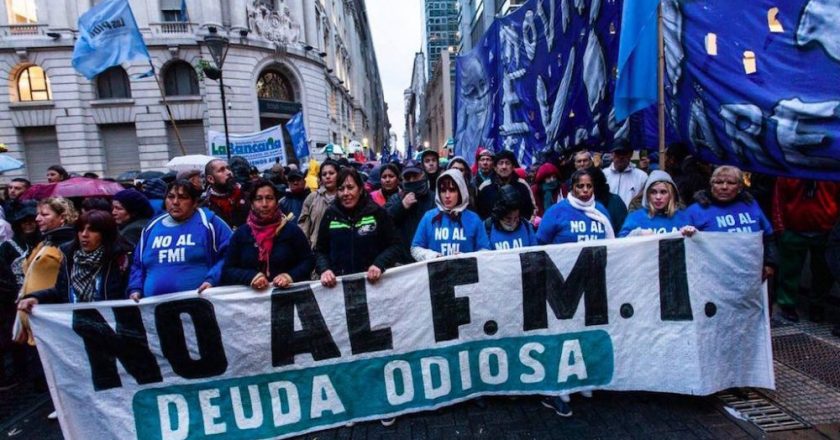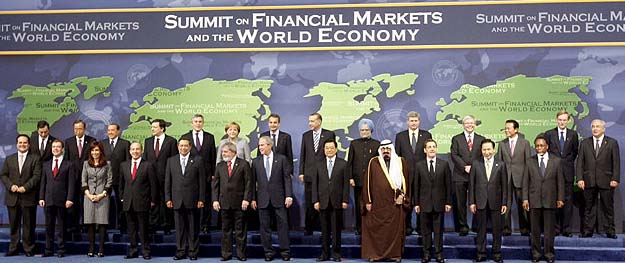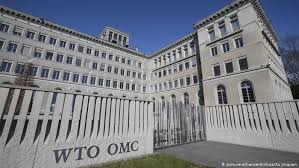Global governance in transition: the challenges and opportunities of new international structures
Global governance structures are crucial elements in the management of international affairs, ensuring cooperation between nations in areas such as economics, safety, environment and human rights. The history of these structures dates back to the Bretton Woods system, established in 1944, which established institutions such as the International Monetary Fund (IMF) and the World Bank, aiming to rebuild and stabilize the global economy after World War II. The United Nations (HIM-HER-IT) also emerged during this period, serving as a platform for multilateral diplomacy.
However, These classical institutions face increasing criticism due to their limited ability to respond to contemporary challenges. Recurring economic crises, climate change...

